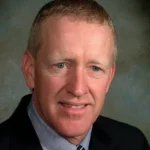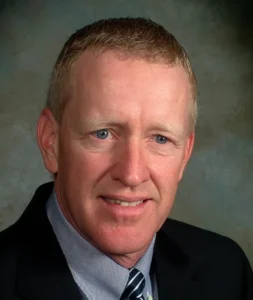The ever-reliable, always-interesting Bill Schambra has a very good piece over at NPQ on the difficulties of caring for one’s parents in a managerial age. Schambra highlights the ways in which the professional management of care has a tendency to fracture not only the nature of the care, but the person receiving it.
The frantic juggling act by which we try to hold the stream of services together around just one person like my mother is simply an outward sign of this larger complexity, for which professionalism itself has no response—although it tries. Care coordination meetings, one-stop social service centers, block grants, collaborative coalitions…all these are clumsy institutional devices to try to put back together the person previously subdivided into serviceable parts. But sooner or later, the systems show up with these problems on the doorstep of the nonprofit sector—on your doorstep.
Schambra highlights the ways in which non-profits are better at maintaining the integrity and dignity of the person than are public agencies, with their specialization, regulations (read: restrictions), and siloing of care. The latter tend to look at social needs, at the elderly as a problem to be solved, and care about measurable outcomes more than the person. (What parent has ever evaluated the way they raise their children with reference to “measurable outcomes?”)
One thought that occurred to me while reading Schambra’s excellent essay with its Tocquevillian overtones: his ability to participate in his mother’s care is in part accomplished by having the means available to make the flight from DC to MI. But what of those whose children, spread around the country, have no such means? Placed into the eldercare-complex, these individuals are going to experience tremendous fracturing and dehumanization, at high costs, both social and financial. In a world where children no longer can nor will reciprocate dependent care with their parents, the professionalization of care is a troubling second option. Detailed discussions concerning public programs, often offered as an alternative to civil society in an age of hypermobility, ought to consider class distinctions.
Highly recommended.





1 comment
Comments are closed.